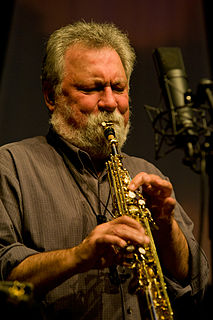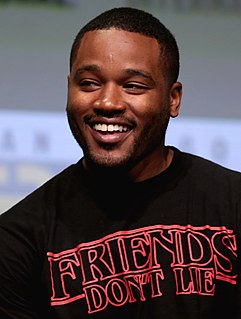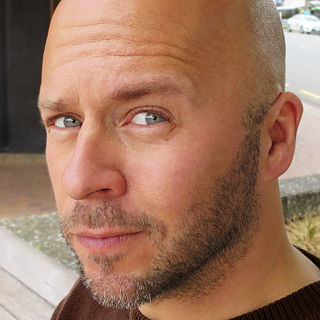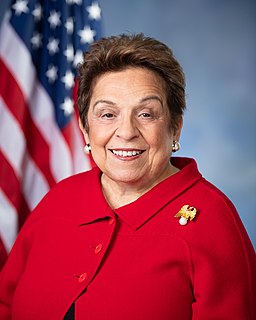A Quote by Kate Middleton
Parents, teachers, and other school staff need the tools to help these young people early in their lives. And the earlier, the better. It is proven that early action prevents problems later in life.
Related Quotes
It's true that many of the leaders who started at non-elite colleges as undergrads later attended prominent graduate schools in law, business, medicine, and so on. But the point is that they found their own way there - as young men and women in their early 20s, not teenagers pressed into action by parents and peers.
If you're in your early 20s and you're hanging out with a bunch of other people in their early 20s, nobody has a sense of the kinds of problems that real 'workers' run into every day. They're running into a completely different set of problems like 'what's the party going on right now that I should be going to?
If you're in your early 20s and you're hanging out with a bunch of other people in their early 20s, nobody has a sense of the kinds of problems that real 'workers' run into every day. They're running into a completely different set of problems like 'What's the party going on right now that I should be going to?'
Technology sometimes gets a bad rap because of certain consequences that it's had on the environment and unforeseen problems, but we shouldn't use it as an excuse to reject our tools; rather, we should decide that we need to make better tools to solve the problems caused by the initial tools in a progressive wave of innovation.
Before playing football, I didn't fit in anywhere. My parents didn't have a lot of money, which they spent on our education to send us to Catholic private school in Oakland, mostly black. The other kids had more money than I did. I started school early; I was young. So I'd come back to my hood and read.
I was impersonating people way, way, way early, as far back as I can remember. And I would do people on my street for my parents, I remember. And in school, I did the same thing with all the teachers. It was just like, I mean, it was something I loved to do. I don't think there was a time when I wasn't doing it. I was always doing it.
As parents, we can do a great deal to further this goal by helping our children develop alternative ways of knowing the world verbally/analytically and visually/spatially. During the crucial early years, parents can help to shape a child's life in such a way that words do not completely mask other kinds of reality. My most urgent suggestions to parents are concerned with the use of words, or rather, not using words.






































